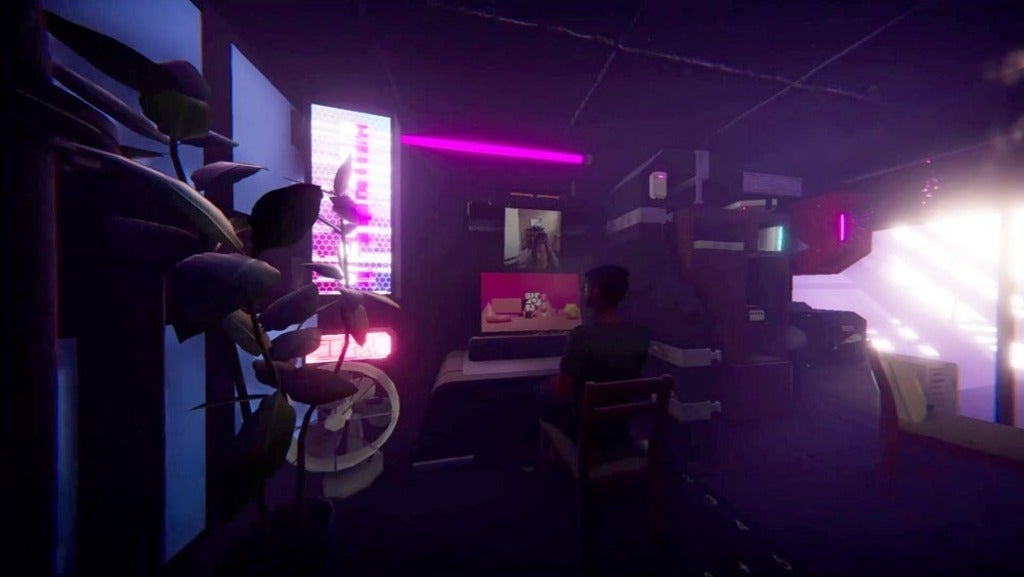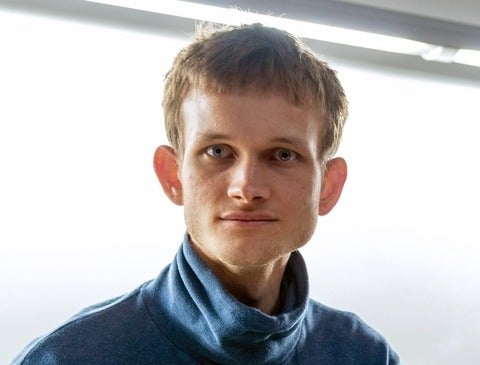Master’s student Cheryl Lao receives 2022 Adobe Research Women-in-Technology Scholarship
Cheryl Lao, a master’s student at the Cheriton School of Computer Science, is one of 16 recipients across North America and one of four from Canada to receive a 2022 Adobe Research Women-in-Technology Scholarship. As a recipient of this prestigious award, she will receive $10,000 USD for education expenses and a year-long Adobe Creative Cloud subscription.




